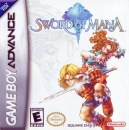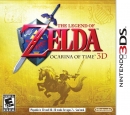Entertainment system convergence isn't a new thing. In fact, Nintendo was once pretty adamant about being part of an all-in-one entertainment system for the loungeroom. After the fallout with Sony over the Play Station project, Nintendo grew cold to the idea and focused on maintaining its own licensing model for exclusive hardware, so this discussion doesn't involve them.
With the PS4 confirmed to be running on the x86/x64 architecture, and Microsoft's next gen platform rumored to be taking a similar path (possibly with Intel), are we witnessing the first signs of system convergence, not just between consoles, but with the PC as well? Console marketing has always been a lossful venture between the two. In fact, both manufacturers generally sell their hardware on the basis that they will get their investment back through licensing software. So the logical question is, should hardware manufacturing for consoles become outsourced, or even converge to a unified platform? This would mean that Sony and Microsoft would rely more on individual market through the use of services similar to Steam, which would be available to all systems under the unified architecture.
Development studios must also be wanting this, considering the amount of time it takes to optimise for different systems, they could develop one game and then go shopping amongst services as to who would give them the best deal. It could cut development costs significantly, while providing to a much larger userbase...
Is this the next logcal progression for gaming systems? If not, what kind of future would be seen with console systems?




















